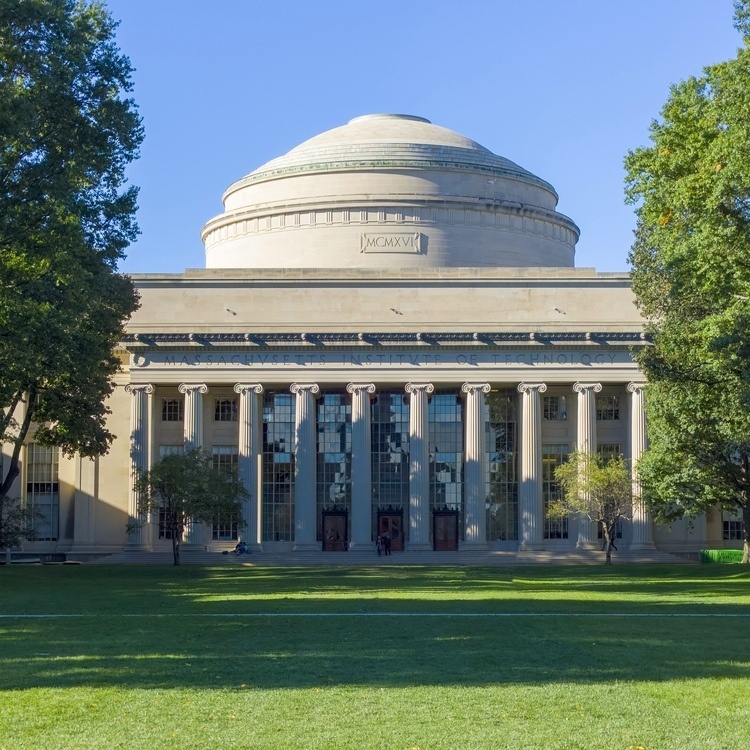
Michael Skuhersky Thesis Defense: An Integrated Approach for Caenorhabditis elegans Nervous System Simulation
Description
Speaker: Michael Skuhersky
Advisor: Edward Boyden
Defense date/time: April 24th at 2pm
In-person location: Singleton Auditorium, 46-3002
Title: An Integrated Approach for Caenorhabditis elegans Nervous System Simulation
Abstract: The Caenorhabditis elegans (C. elegans) connectome, with its relatively simple structure of approximately 300 neurons and several thousand synaptic connections, presents as the most immediately tractable target for whole-nervous system functional simulation. Despite this potential, research has predominantly focused on isolated neural circuits due to technical limitations such as the field of view of existing microscopes, activity indicator considerations, and the complexity of mapping interneuron connections. Existing whole-brain models of C. elegans often rely on assumptions due to inadequate biophysical data per neuron, limiting their accuracy and utility. We describe the development of a specialized lightsheet microscope capable of capturing isotropic high-resolution, functional activity across the entire worm during various behaviors, automated imaging by use of hybrid microfluidics, alongside novel neuron identification methods to precisely map neural identity, so as to generate a comprehensive dataset ideal for model training. Our goal is to create an accurate and interpretable whole-worm functional model of C. elegans, derived from real-world data under diverse behavioral conditions. The accuracy of the model will be validated by its ability to predict future neural activity based on initial states derived from actual worms, thereby offering a more accurate representation of the organism's neural dynamics. This effort not only advances our understanding of the C. elegans functional connectome but also sets a precedent for whole-brain modeling techniques applicable to broader neuroscientific studies.

